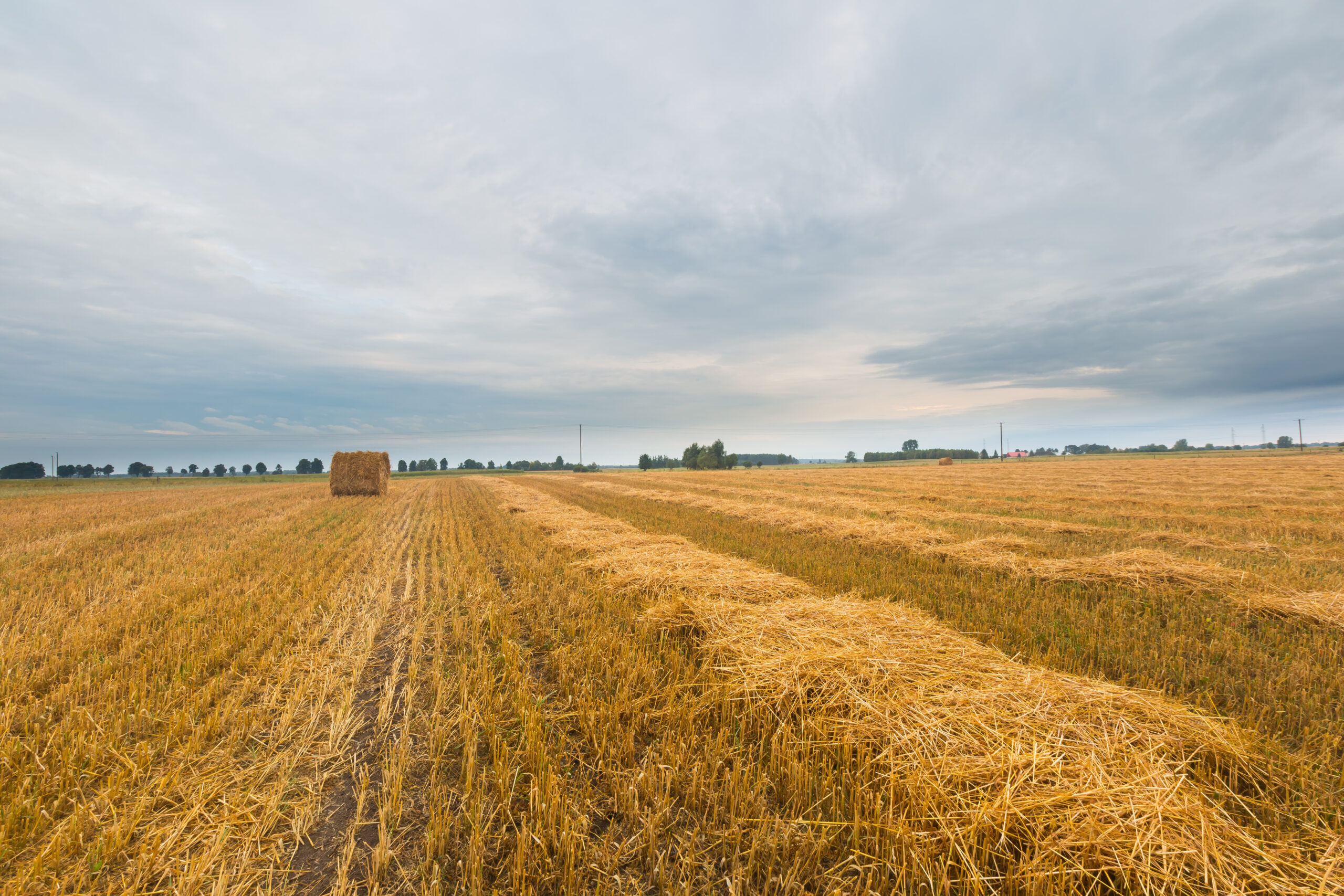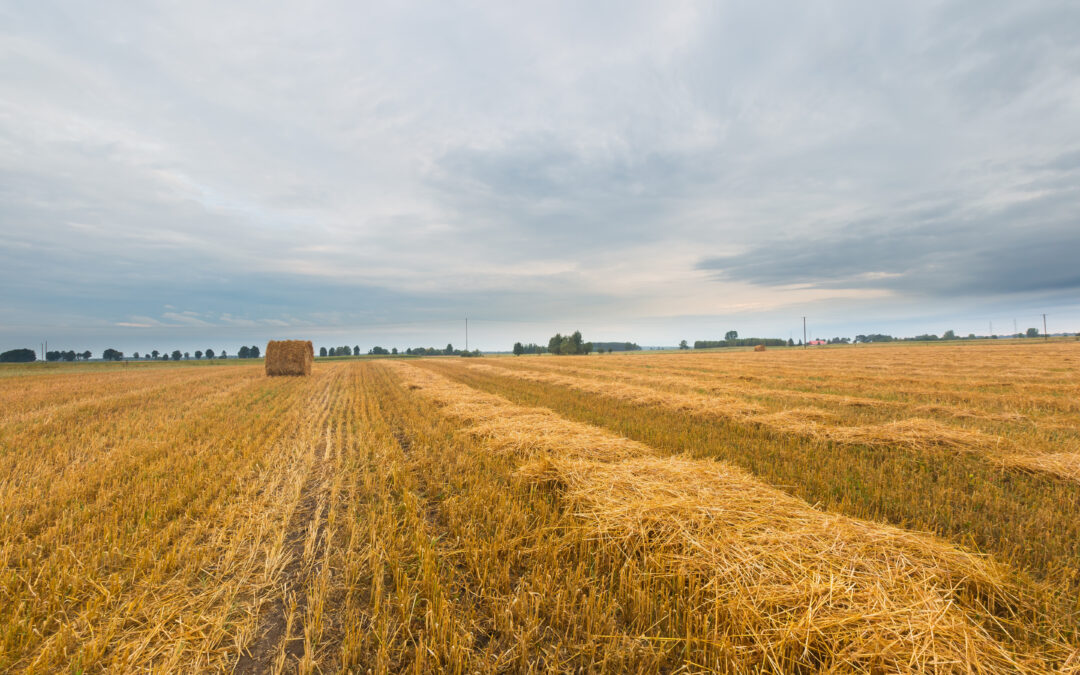Beekeeping is a fascinating hobby that can provide you with fresh, delicious honey and other beneficial products. It’s also an excellent way to support local ecosystems by providing bees with safe habitats and helping them thrive. If you’re interested in getting started with beekeeping, there are several things you need to know before diving into this exciting new venture.

Introduction to Beekeeping
The first step to becoming a successful beekeeper is understanding the basics of bee behavior and biology. Honeybees are social insects that live in colonies led by a queen bee. They work together to collect nectar from flowers and convert it into honey, which they store for later use. As a beekeeper, your job will be to care for your colony and harvest their honey while ensuring their health and well-being.
Choosing the Right Hive and Equipment
There are many different types of beehives available, but the most common type is the Langstroth hive. This style of hive allows you to easily access the frames where the bees build their comb and stores the honey. When choosing equipment, make sure to invest in high-quality items such as bee suits, gloves, and smokers. These tools will help protect you from stings and allow you to work safely around your bees.
Caring for Your Colony
Once you have your hive set up and your equipment ready, it’s time to introduce your bees. You can purchase packaged bees or catch a swarm yourself. Once your bees arrive, you’ll need to monitor their activity regularly to ensure they’re healthy and productive. This includes checking for signs of disease, monitoring the amount of honey they produce, and making sure they have enough food sources nearby.
Harvesting Honey and Other Benefits of Keeping Bees
After several months of caring for your colony, you should start seeing results in the form of delicious honey. Harvesting honey involves removing the frames from the hive and extracting the liquid gold using a centrifuge or manual press. In addition to honey, keeping bees can also provide you with other benefits such as pollen, propolis, and royal jelly. These substances have various medicinal properties and can be used to treat a range of health issues.
In conclusion, starting a home farm can be a rewarding experience both personally and environmentally. By following these steps and taking good care of your bees, you can enjoy the sweet rewards of beekeeping while contributing to the conservation of these important insects.





